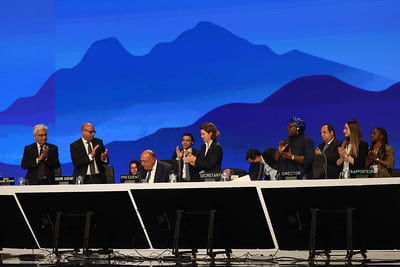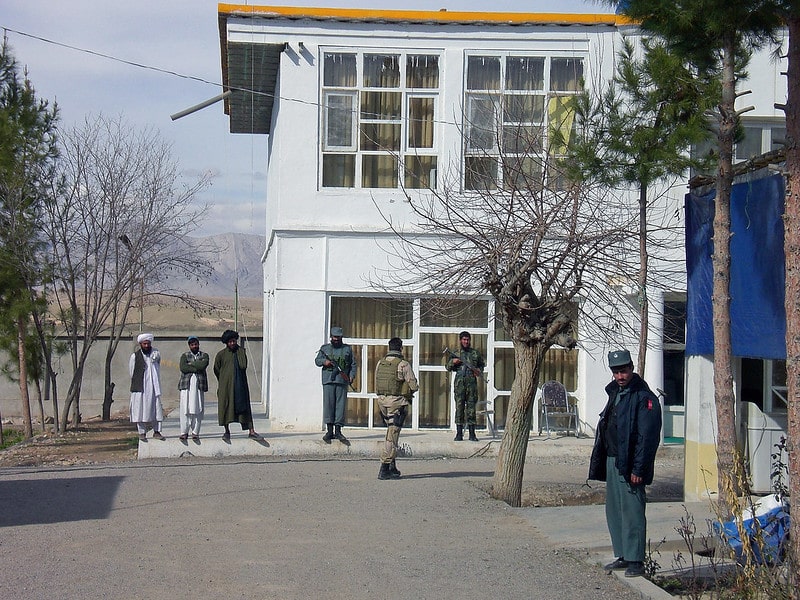"History was made today at #COP27" reads proudly on the twitter account of the climate summit held in Sharm-El-Sheikh over the past three weeks. On the final day of COP27, countries agreed to set up a fund for loss and damage (damage and loss caused by climate change), something that developing countries have been advocating for 30 years. So while there is certainly a breakthrough, the climate summit can safely be called a disappointment in other areas.
Loss and Damage
THAT breakthrough in the field of loss and damage has taken place will be a huge relief for countries like Pakistan and Nigeria, which are currently suffering heavily from the effects of climate change. But, apart from the fact that we now know it is coming, actually everything is still unclear around the compensation fund: no agreements have been made on how much money will go to the fund, who will finance it, who will receive the money, and when the fund will come into effect. It is hoped that agreements will be made on this during COP28, next November in Dubai, but this means another year without compensation for developing countries.
'A lost climate year'
According to Bas Eickhout - MEP for Green Left - is there at COP27, apart from on the subject of loss and damage, no progress compared to last year. He even concludes that it is a 'lost climate year'. And this conclusion does not seem unjustified given the lack of consensus on key issues in tackling climate change:
" No concrete plans have been made for limiting the global warming to 1.5 degrees. Currently, the emission reductions required for this goal are far from being achieved on a country-by-country basis. Some countries - including Saudi Arabia and China - even suggested scrapping this target altogether. "It makes the 1.5 degrees an empty phrase" argues the Volkskrant in an analysis.
" Also in terms of fossil fuels no progress has been made. The banning fossil fuels is perhaps the most important step in combating climate change, but once again the final statement with no mention of a ban.
" As in our pre-COP27 article described, the $100 billion that rich countries promised to put into a fund annually from 2020 for climate financing to stop, fell far short of the target. Unfortunately, this does not seem to change after the climate summit, as there is no roadmap laid down to ensure the remainder of the promised amount for the 2020-2022 period and future funding does materialise.
Mopping up with the tap
Beforehand, hoped that this climate summit would be an 'African COP'. That hope, according to many, has not been realised. "We cannot call this the Africa COP, because it has failed to speak to our current reality or the need for urgent action", said the Nigerian climate activist Adenike Oladosu.
Until radical action is taken, the amount needed for climate finance will only increase. Even if the $100 billion is expected to be met by 2024, by then it will already be no longer enough. Shehbaz Sharif - prime minister of Pakistan - pictorially described the future threat at climate summit: "What happened in Pakistan will not stay in Pakistan" warned him. Until everything is done to limit global warming to 1.5, a loss and damage fund mopping the water from the tap, and so there is inconsistent policy. In Oladosu's words:
"If we don't phase out fossil fuels then we will keep seeing greater loss and damage. We keep solving the multiplier effect of climate change which is loss and damage but the root cause we aren't solving yet. It makes climate justice impossible."
There is no luxury of waiting to act until COP28. From now on, the Netherlands and the EU must actively engage on the international stage for a total ban on fossil fuels and for proper and sufficient climate finance for developing countries. Only drastic measures can still lead to climate justice.
Photo: UNFCCC/Kiara Worth





